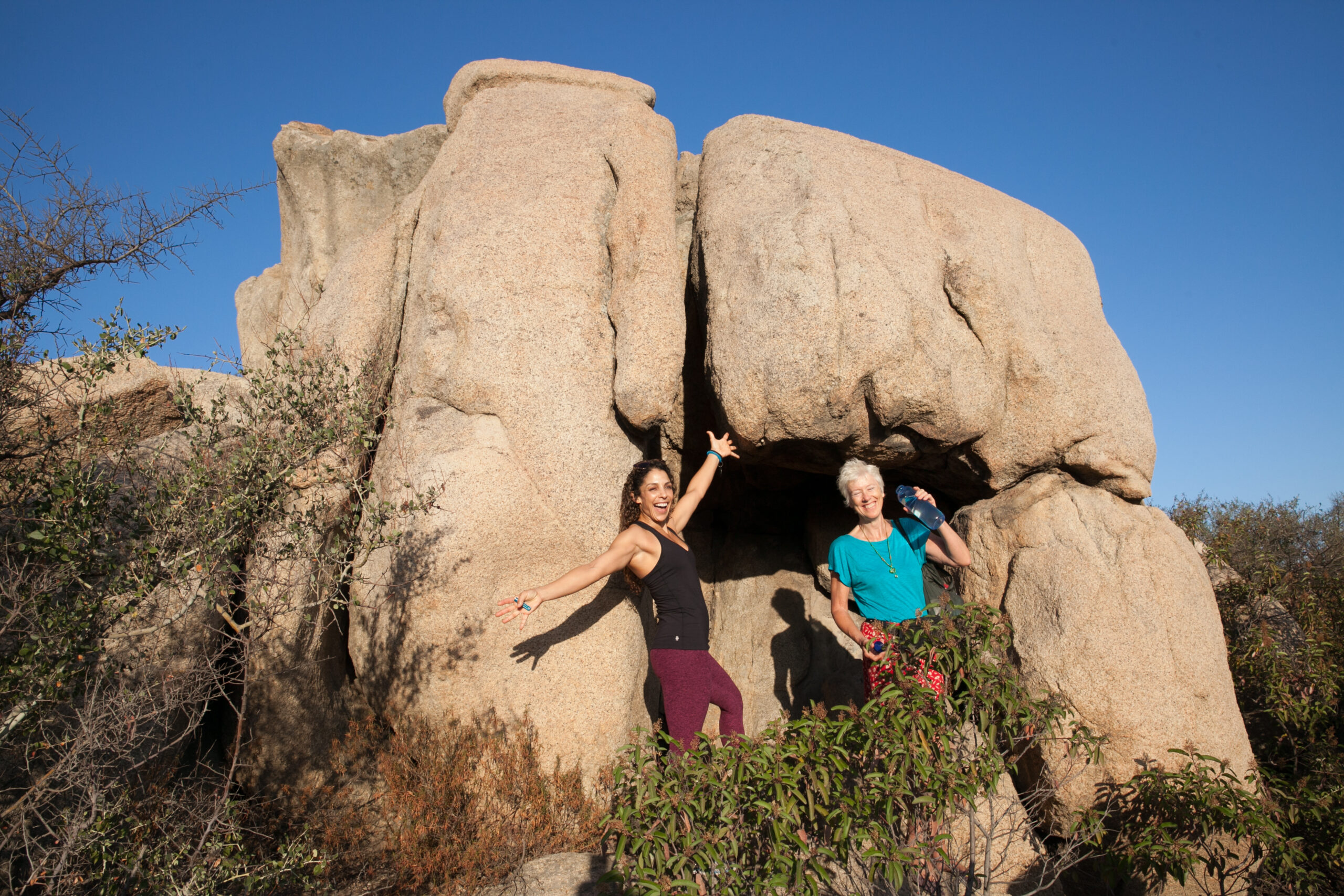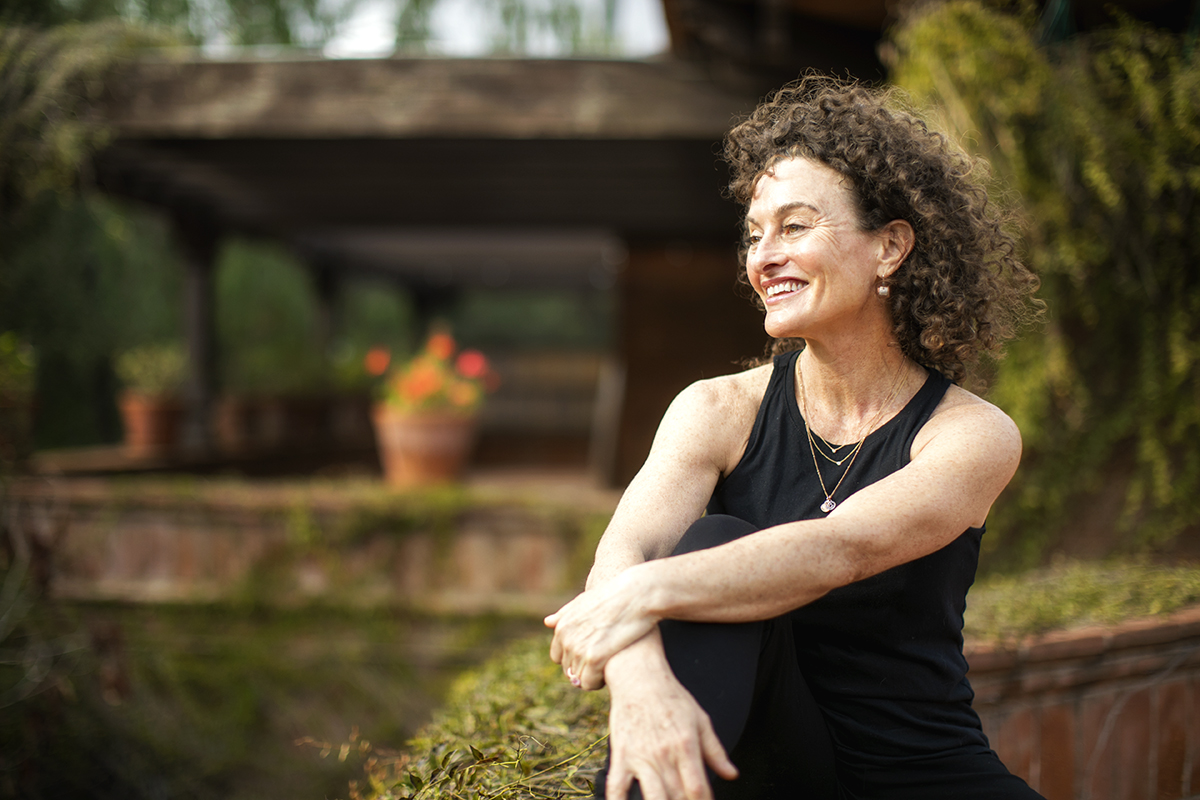Coming Back Into Balance

“When I sit down to write, I am really sitting down to find a way to connect with the world (and with my own interior world) in an intimate way.” –poet Jim Moore
Perhaps you’re feeling out of balance…
Here’s a story – and a tiny little writing exercise – for you*: Once, in a village in China, there was a great drought. Crops were dying, people had little to eat. Terrified, there seemed to be nothing they could do. At last, the elders decided to call upon a rainmaker who lived in another province, an old man who practiced the old ways.
The old man appeared. He asked for a small hut and to be left alone for three days. On the fourth day, dark clouds materialized in the sky and it rained. “Sir, how did you make it rain?” the people asked. “I did not make it rain,” the old man said. “Then how do you explain this?” “Ah,” he said, “Where I come from, life was in balance. Your village was out of balance, disordered. So for three days, I did what needed to be done. I rose early, meditated, made my tea, washed my bowl, raked the garden, said my prayers, and then naturally, after three days, life moved back into balance and the rain came.”
There are many small practices of attention – from a long, deep breath to raking a garden to preparing a cup of tea – that bring you back into the moment. (You probably know a lot of them…)
 Here is a tiny writing exercise you can do right now. Consider it a five-minute breathing space, a way to come back into balance with both yourself and the world — to what poet Mary Oliver called “your place in the family of things.”
Here is a tiny writing exercise you can do right now. Consider it a five-minute breathing space, a way to come back into balance with both yourself and the world — to what poet Mary Oliver called “your place in the family of things.”
- Give yourself five undisturbed minutes. (Turn off the phone, close the door, and/or your laptop!)
- Take a fresh sheet of paper – or your notebook and a pen. Set your timer.
- Close your eyes and think of something you noticed today.
- Write for five minutes…putting down whatever comes to mind. No one else is reading this. “Waste no effort evaluating early.”**
- Stop when the timer goes off. (Re-read it if you like.)
Then close your eyes, breathe, fold the paper or close your notebook and go on with your day or evening. This is a lovely end-of-day practice; you might try it for several days in a row – yes, five minutes only*** I think you’ll notice that not only does it get easier to drop into this quiet ‘space’ and remember more and more, you may find to your delight that you are actually noticing more.
The rain does come.
* Told to Carl Jung by Richard Wilhelm, China scholar and missionary.
** This comes from a wonderful chart on things that support creativity from a book called Creative Blockbusting by James L. Adams. “Waste no effort evaluating early” is one of the phrases that speaks to me. But don’t we need to polish and edit and perfect things, you might ask? Sure. Look at that phrase again: “waste no effort evaluating early.” Evaluate, sure. Just not early. More about this next month!
*** If you have ten minutes, set the timer again and go back to what you noticed and see (hear, feel, smell…) — and write for five minutes more. Then stop. Breathe. Notice what you are feeling. Go on with your day or evening…
Irene Borger is a longtime Ranch Guest Presenter whose work has appeared in many publications including The Los Angeles Times, Vogue, O, Architectural Digest, and on The Wall Street Journal arts page. She is the founder of the Writing Program at AIDS Project Los Angeles and served as artist-in-residence there for ten years. Irene is also the director of the Herb Alpert Award in the Arts, overseeing the giving of five annual $75,000 grants to outstanding artists working in dance, film/video, music, theatre, and the visual arts. See: https://vimeo.com/165191130 . A Bennington College graduate, with an M.A. in dance ethnology from UCLA, Irene is also a former member of the dance history faculty at University of California, Riverside. A longtime meditation student, she is working on a book on listening.
Dust off that unfinished memoir, sharpen your pencils, and join us for a writing workshop.


